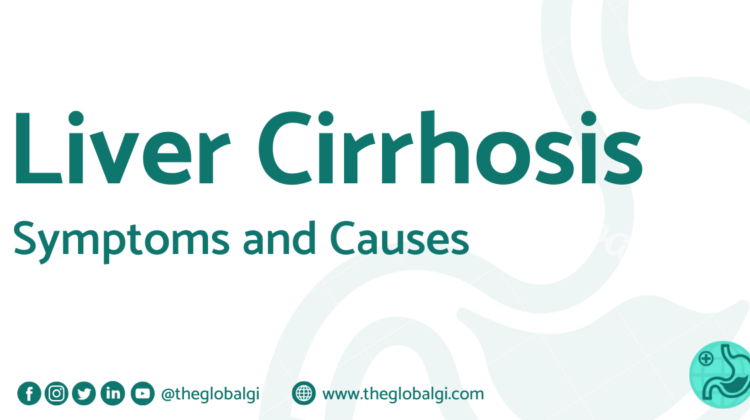
Liver Cirrhosis: Symptoms and Causes
Understanding Liver Cirrhosis
Your liver is a remarkable organ that performs hundreds of vital functions every day. But what happens when this hardworking organ faces challenges? Let’s explore liver cirrhosis, a serious condition that affects millions worldwide, and learn how to protect our liver health.
What is Liver Cirrhosis?
Think of your liver as a busy factory that processes everything you eat and drink. In cirrhosis, this factory becomes damaged. Over time, healthy liver tissue is replaced by tough, scarred tissue – similar to how a cut on your skin heals with a scar. These scars make it harder for your liver to do its job properly.
Warning Signs to Watch For
Your liver is incredibly resilient and can function even when damaged, which means early cirrhosis often goes unnoticed. However, as the condition progresses, you might experience:
- Yellowing of your skin or eyes (jaundice) – This happens when your liver can’t properly process waste products
- Unusual tiredness that doesn’t improve with rest
- Unexplained bruising or bleeding – Your liver helps make proteins necessary for blood clotting
- Swelling in your legs or abdomen
- Mental confusion or difficulty concentrating
- Nausea and loss of appetite
What Causes Liver Cirrhosis?
Understanding what causes cirrhosis is crucial for prevention. The main culprits include:
- Alcohol Overuse: Regular heavy drinking is the most common cause, responsible for 60-70% of cases. Your liver works overtime to process alcohol, and too much can lead to permanent damage.
- Viral Hepatitis: Hepatitis B and C viruses can silently attack your liver over years. Many people don’t know they’re infected until significant damage has occurred.
- Fatty Liver Disease: You don’t have to drink alcohol to develop liver problems. Being overweight or having diabetes can lead to fat buildup in your liver, potentially causing cirrhosis over time.
- Less Common Causes
Some people develop cirrhosis due to:- Inherited conditions that affect how your body processes iron or copper
- Autoimmune diseases where your immune system attacks your liver
- Blocked bile ducts that cause liver damage over time
What You Can Do
While cirrhosis is serious, there’s much you can do to protect your liver health:
- Get regular check-ups with your healthcare provider
- Limit alcohol consumption or avoid it completely
- Maintain a healthy weight through diet and exercise
- Get vaccinated against hepatitis
- Take medications only as prescribed
For those diagnosed with cirrhosis, modern medicine offers various treatments to slow disease progression and improve quality of life. In advanced cases, liver transplantation can offer a new lease on life.
If you’re concerned about your liver health, don’t wait – speak with your healthcare provider. They can help assess your risk factors and recommend appropriate screening tests.


